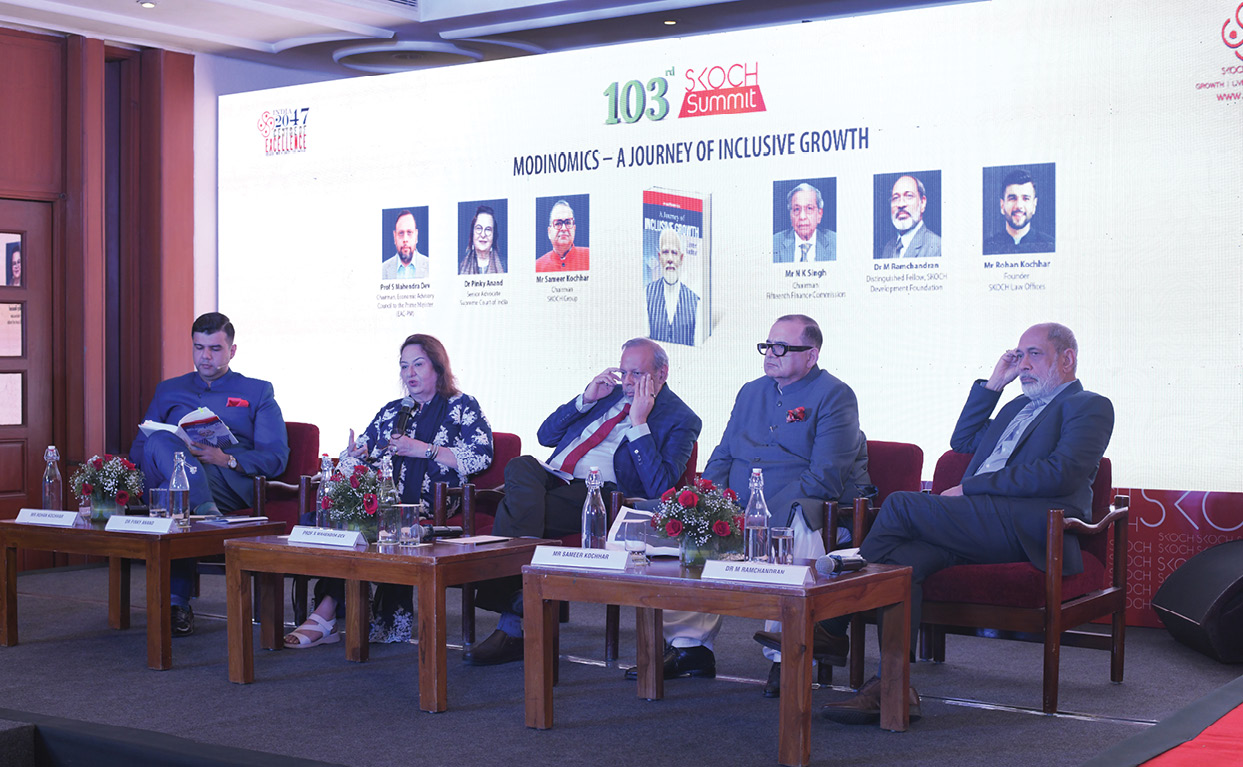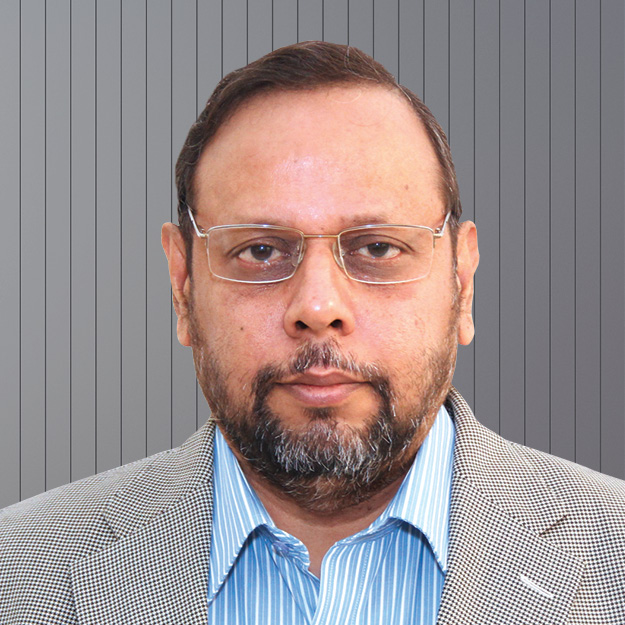Key Points*
- Gujarat as a Template – Water management (check dams, Narmada) and Jyotigram rural electrification made Gujarat a model for agriculture, drinking water, and reliable power.
- Three Pillars Since 2014 – Policy focus anchored in growth, inclusion, and sustainability.
- Reform Momentum – Major moves—IBC, RERA, GST—followed by new-gen reforms: ease of doing business, deregulation, privatization/disinvestment.
- Investment & Exports as Growth Engines – Rising private investment and FDI; export opportunity remains strong despite global protectionism.
- Inclusive Growth = Quality Jobs – Emphasis on formalization and better-quality employment across sectors.
- Poverty and Human Development – Cites single-digit extreme poverty (~4–5%) alongside improvements in health and education outcomes.
- Direct Benefit Architecture – Jan Dhan, food & nutrition programs, cash transfers to women, and PM-KISAN strengthen last-mile delivery.
- Two-Pronged Strategy – Grow the pie (higher GDP growth) and distribute effectively (targeted welfare) to make inclusion real.
- Sustainability Agenda – Commitment to net-zero (2070), expanding renewables, and promoting LiFE—Lifestyle for Environment.
- Viksit Bharat 2047 – Under Sabka Saath, Sabka Vikas, the goal is a developed, climate-resilient India with rising life expectancy and stronger human development by 2047.
* This content is AI generated. It is suggested to read the full transcript for any furthur clarity.
Transcript
Thank you for inviting me for this book release function.
You know, starting with Gujarat—one is of course the business model, very business-friendly policies by then Chief Minister Modi Ji. And then when I was doing research on agriculture, I mean one thing we talked about is the main thing is the water management in Gujarat. We used to discuss a lot in agriculture research and all because that's the state, a model state for water management. The, you know, check dams were there, Narmada river. And the second thing of course the rural electrification Jyotigram scheme—that also revolutionized the thing. And this is probably the first state to have reliable electricity with power reforms. So it benefited a lot—you know, the water thing and all—agriculture as well as the other, even drinking water and other.
And coming to India in the **2014 to—**there are three things. One is growth, higher growth; and the second is the inclusive; and then sustainability. So all these things I think under the Prime Ministership Modi then it delivered.
So one is the growth. There were many reforms like starting with IBC and, you know, RERA—you know, real estate thing—and GST, of course. So then it's a continuous reforms now, new generation reforms, ease of doing business and deregulation and privatization, disinvestment. So many reforms were undertaken. So as a result it has become, you know, attracting the private investment and foreign direct investment. So that led to—because growth major drivers are two—investment and exports. In spite of protectionist policies, we still have a lot of scope for, you know, these exports and investment rate hopefully will increase further. The private investment also will increase.
Coming to inclusive growth, there are three things. One is, you know—as Mr. Samir Kochhar mentioned—the employment is the most inclusive; quality employment is the most inclusive growth. It covers many sectors. Other thing—so that has improved, the formal sector has improved. And the second thing is also you mentioned the decline in poverty—almost single digit now, extreme poverty to 4–5% now. And also similarly health, education thing.
Third thing of course all these programs Jan Dhan and the welfare programs—there are so many including food and nutrition programs and cash transfers to women and also farmers, PM-KISAN—so the government has followed two-pronged approach. One is the development, you know, because unless growth is there, if the cake is not high, you can't distribute. So with 3.5% growth in the first three decades, we didn't have anything to distribute. So when there is 7% or so, you can distribute much more.
So lastly on sustainability also Prime Minister is very keen on that because this 2017 net zero emissions and also under his leadership, we already achieved the 50% of renewable energy already. And he's also promoting the Lifestyle for Environment.
So all these things I think Sabka Saath, Sabka Vikas has benefited the country and we are having Viksit Bharat again. These three goals—growth, inclusion—and by 2047 we'll have a developed nation and also benefit. The human development indicators like life expectancy and other things will improve much further and also the climate-resilient economy will achieve. So that way it has benefited and it will benefit. I am hopeful that we will be a developed country by 2047.

